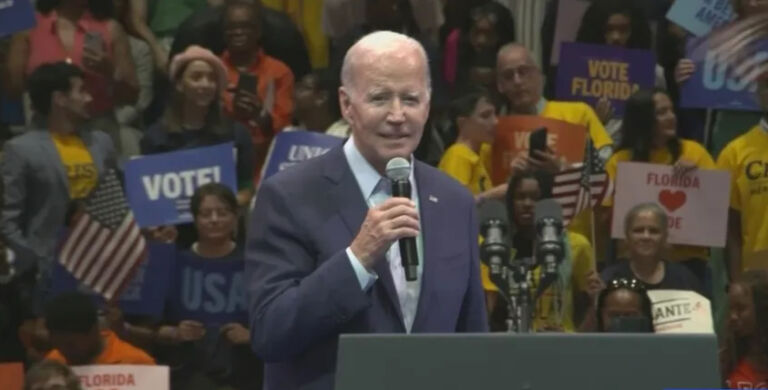Much of the economic news lately is focusing on the fact that labor is becoming a scarce commodity. Each quarter when labor and job statistics are released, we hear how it is becoming more and more difficult for employers to find qualified workers. We have been told that for the first time in 20 years the number of jobs available is outpacing the number of workers seeking employment. Indeed, the unemployment rate itself is at a 50 year low of 3.7 percent. And then, immediately we are told that there is a cloud to this silver lining. All this seemingly good news could give rise to inflation.
If you have been a viewer of any of the cable business channels, here’s what you are likely to have heard. In this environment where growth in the (mislabeled) “supply of jobs” is outpacing the (also mislabeled) demand for jobs, there is (and will continue to be) upward pressure on wages. I point out that the terminology is wrong because it is so often used. There is no such thing as a supply and demand for jobs. Rather, there is a supply of and demand for labor. So, to be accurate, what they are actually saying is that the growth in the demand for labor is outpacing its supply. And when this happens to any good or service its price increases. In this case, the service is labor, and the price of labor is what we call wages.
But, as noted, instead of seeing this as the good thing that it is, we are told that these gains are likely to be ephemeral. This is because higher wages will push up production costs, which will push up consumer prices. This old song, long gone from most economics textbooks, is a remnant of discredited Keynesian economics and it is, in fact, called “wage push” inflation.
So why has this particular theory of inflation, like other aspects of Keynesian analysis, been discredited? After all, it sounds pretty logical, right? Why wouldn’t rising wages ultimately result in higher business costs and therefore higher prices? The reason is that it begs the most fundamental question. If all wages, the cost of production, and prices are going up, i.e., if there is inflation, where does the money come from? Given a growing economy, there cannot be overall increases in the price level without new money being created to support it, regardless of what happens to wages. In an environment where the money supply is stable, price increases in one place would have to be offset with decreases in prices someplace else. For businesses, it could be reduced costs of technology, computer equipment, or any of the other inputs into the production process. Whatever it is, simple arithmetic tells us that without increases in the supply of money, spending more in one place means that you have to spend less elsewhere. So, where does the money come from? It is “created” out of thin air by the Federal Reserve via the banking system.
Now, this doesn’t mean that we may not be seeing increased inflation over the coming months or years. For well over a decade, the Fed has been pursuing a policy of easy money. That’s what the talk of interest rates approaching zero and so-called “quantitative easing” has been all about. The fears of inflation that are all the chatter among the business commentator class are real and justified. What is wrongheaded is the explanation that it might be caused by increased wages.
This also doesn’t mean that rising wages in certain sectors couldn’t be part of the story of how the new Fed-created money is working its way through the economy. New money flows from the Fed through the banks and into the economy unevenly. Therefore, prices and wages are also bid up unevenly. So, as different sectors of the economy receive the new money, possibly through new investment stimulated by the artificially low-interest rates, wages will rise. This, in turn, may lead to those wage earners having more money to spend on goods and services, which will drive up prices generally. But the higher wages are not the cause of the inflation but a symptom of it.
The idea that higher wages can cause inflation is simply bad economics. It is part of the same discredited Keynesian analysis that tells us that government budget deficits create economic growth and that increased saving reduces it. As a wise graduate school professor of mine once told me, to ignore changes in money supply when trying to explain inflation is the equivalent of ignoring the eruption of Mount Vesuvius when trying to explain the destruction of Pompeii.


